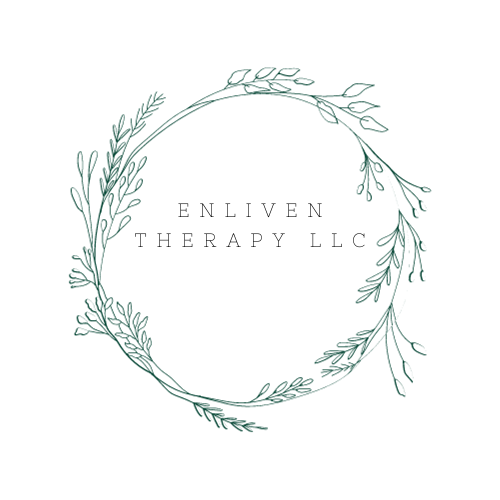The Lifelong Shadow:Adverse Childhood Experiences and Their Impact on Mental Health in Adulthood
Childhood is a crucial period for growth and development, shaping the individuals we become as adults. However, not all childhood experiences are positive, and adverse events during this critical phase can have profound effects on our well-being later in life. Adverse childhood experiences (ACEs), such as abuse, neglect, or household dysfunction, can significantly impact mental health outcomes in adulthood. In this blog post, we will explore the lasting consequences of ACEs on mental health and emphasize the importance and benefits of seeking professional help, particularly in the form of counseling.
Understanding ACEs: Adverse childhood experiences encompass a wide range of traumatic events that occur before the age of 18. These experiences may include physical, emotional, or sexual abuse, neglect, parental substance abuse, witnessing domestic violence, or having a family member with mental health issues. Research has shown that ACEs are distressingly common, with significant long-term effects on health and well-being.
The Impact on Mental Health: ACEs can have a profound impact on mental health, leading to an increased risk of developing mental disorders or experiencing mental health challenges in adulthood. Individuals who have experienced ACEs may be more prone to anxiety, depression, post-traumatic stress disorder (PTSD), substance abuse, self-harm, and suicidal ideation. The cumulative effect of multiple ACEs can further amplify these risks, making it imperative to address these issues early on.
The Importance of Seeking Professional Help: While it is true that not everyone who experiences ACEs will develop mental health problems, seeking professional help is crucial for those who do. Counseling provides a safe and supportive environment for individuals to explore and address the lingering effects of ACEs. Here are some key reasons why professional help is essential:
1. Trauma-Informed Care: Mental health professionals who specialize in trauma-informed care can help individuals understand and process their traumatic experiences. They provide guidance and support to develop healthy coping mechanisms, rebuild self-esteem, and foster resilience.
2. Emotional Healing: Counseling offers a space for individuals to express their emotions and work through the pain associated with ACEs. By addressing underlying emotional wounds, individuals can experience healing and find healthier ways to navigate their lives.
3. Breaking the Cycle: Seeking professional help can also help break the cycle of intergenerational trauma. By addressing the impact of ACEs, individuals can gain insight into how their experiences have shaped their lives and make conscious choices to prevent passing on trauma to future generations.
4. Building Coping Strategies: A trained counselor can help individuals develop effective coping strategies to manage stress, anxiety, and depression resulting from ACEs. They can teach healthy ways to regulate emotions, establish boundaries, and build resilience.
5. Support and Validation: Counseling provides a non-judgmental environment where individuals can share their experiences and emotions without fear of stigma or shame. The supportive relationship between the counselor and the client can provide validation and help individuals feel understood.
Conclusion: Adverse childhood experiences can cast a long shadow on our mental health and well-being in adulthood. While the impact of ACEs is significant, seeking professional help in the form of counseling can be transformative. Through trauma-informed care, emotional healing, breaking the cycle of trauma, building coping strategies, and receiving support, individuals can reclaim their lives and find a path towards recovery and resilience. Remember, it is never too late to seek help and begin
